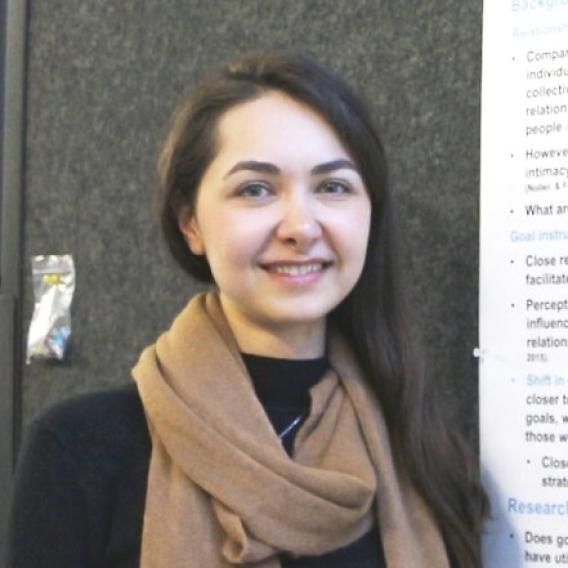Event Details:

Join the speaker for coffee, cookies, and conversation before the talk, starting at 11:45am.
More than rewarding: how do sound and light cues impact risky decision making and motor impulsivity?
Abstract
It has long been known that audiovisual cues, when paired repeatedly with appetitive outcomes like sugary rewards or liquids, can come to act as reinforcers in their own right due to the attribution of incentive salience. Electronic gambling machines and gaming apps make heavy use of these cues to signal rewarding events during play. We have shown that, in both rats and humans, presenting sound and light cues concurrent with reward delivery can increase preference for “high-risk, high-reward” options in laboratory-based gambling tasks. However, computational modeling using reinforcement learning algorithms suggest that cue-induced risky choice is not driven by enhanced learning from rewards, as we would expect if the cues were acting as conditioned reinforcers, but instead through impaired learning from penalties. Furthermore, analyses of data from nearly 700 rats suggest that even though the risk-promoting effect of the cues looks superficially similar across sex, cue-induced risky choice may operate via different cognitive processes in females vs males. Data from behavioral pharmacology studies and chemogenetic manipulations suggest reward-concurrent cues alter the recruitment of multiple neurotransmitter systems and brain regions in the decision-making process. Although daunting in its complexity, these studies also suggest a variety of approaches that may neutralize the deleterious effect of such cues on cognition.
Catharine Winstanley, Ph.D.
University of British Columbia
My research aims to understand the neurobiological regulation of impulsivity and affective decision making, with the goal of using this knowledge to improve treatments for psychiatric disorders such as problem gambling and drug addiction.
Hosted by - Leili Mortazavi (Deisseroth Lab)
About the Wu Tsai Neuro Seminar Series
The Wu Tsai Neurosciences Institute seminar series brings together the Stanford neuroscience community to discuss cutting-edge, cross-disciplinary brain research, from biochemistry to behavior and beyond.
Topics include new discoveries in fundamental neurobiology; advances in human and translational neuroscience; insights from computational and theoretical neuroscience; and the development of novel research technologies and neuro-engineering breakthroughs.
Unless otherwise noted, seminars are held Thursdays at 12:00 noon PT.
About the Wu Tsai Neuro Seminar Series Sign up to learn about all our upcoming events
